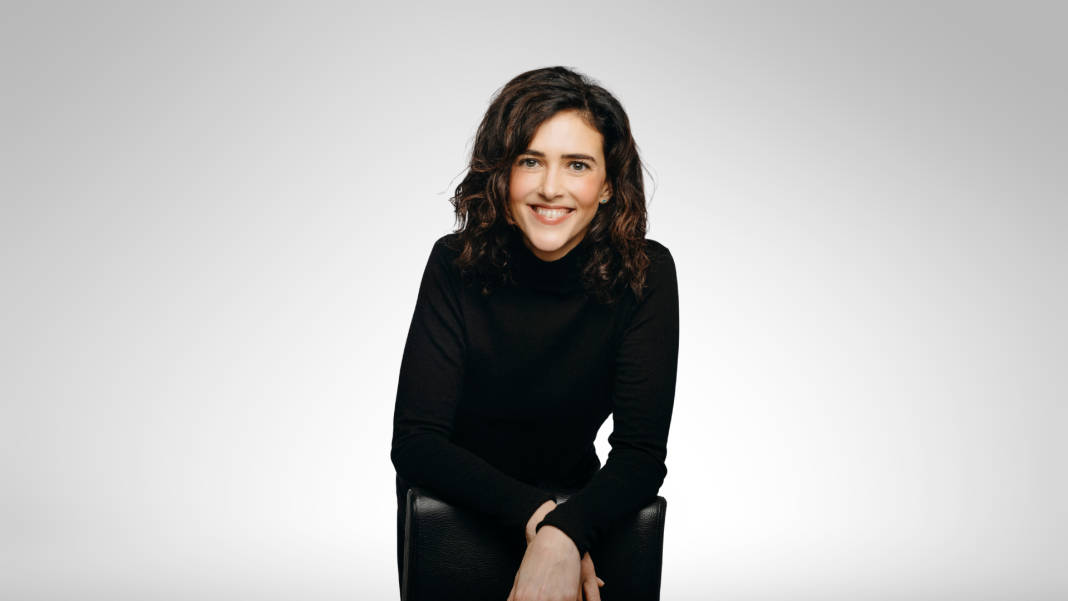The entrepreneurial ecosystem in Luxembourg is growing fast. But one thing still lags: how we support founder mental health.
Founders juggle uncertainty, financial pressure, and constant context-switching. They worry about clients, investors, teams—and often feel solely responsible for the business’s future.
Ecosystem actors like Pulse – the Luxembourg Startups Association – run a valuable yearly survey on funding, legal, tax, talent, and office space hurdles. Yet little attention goes to the emotional toll behind those challenges.
This isn’t just a personal struggle. Founder wellbeing directly shapes business outcomes. Chronic stress erodes decision-making, creativity, resilience, and leadership. When founders burn out, ventures—and jobs—are at risk.
Economy minister Lex Delles often reaffirms Luxembourg’s ambition to become a “startup nation.” Actors like Luxinnovation, the House of Entrepreneurship, and Pulse support that vision. Yet the focus remains tightly on legal frameworks, financial tools, and access to talent—with no mention of human sustainability.
Luxembourg shines when it comes to quality of life. The country boasts great healthcare, nature access, safety, and high life satisfaction. Agencies promote this as a draw for “talent”.
For founders, the narrative often stops at the office door. Entrepreneurs rarely feature in Luxembourg’s wellbeing story. Not because resources don’t exist—but because founder mental health isn’t yet part of the official playbook.
As a wealthy, connected, compact nation, Luxembourg has a unique chance to test wellbeing-driven startup culture. Structures like Pulse offer pro bono sessions with legal, tax, and strategy experts—why not extend that to therapy or coaching? What if coworking spaces included: therapy or coaching access, discounted gyms, onsite childcare and kulturpass access.
“Entrepreneurs report significantly higher rates of chronic mental health challenges than non-entrepreneurs”
Some argue: if you can’t handle pressure, maybe entrepreneurship isn’t for you. But that thinking is outdated and harmful. As a coach focused on neurodivergent founders, I’ve spent years studying these journeys.
It’s well documented: entrepreneurs report significantly higher rates of chronic mental health challenges than non-entrepreneurs—including more depression, substance use, and ADHD. Supporting them isn’t shielding anyone. It’s about building ecosystems where bold thinkers stay in the game.
In the US and UK, some VCs now offer mental health support because the broader ecosystem doesn’t. This shifts the burden to investors to do what the public sector won’t. In the UK, Founders Taboo offers peer support and coaching to “rehumanise entrepreneurship.” In Australia, NewAccess provides free mental health coaching for small business owners—no doctor’s note required.
Public initiatives for founders—especially scaling tech founders—are otherwise scarce. Public systems usually step in too late—or not at all—for risk-takers. Luxembourg could fill that gap with a model that supports mentally growth-ready founders.
This article was published in the 7th edition of Forbes Luxembourg.
Read more articles:
People First, Profits Follow: Why Money Is A Result, Not A Goal
Luxembourg’s Paradox: World-Class Health, But A Generation At Risk

